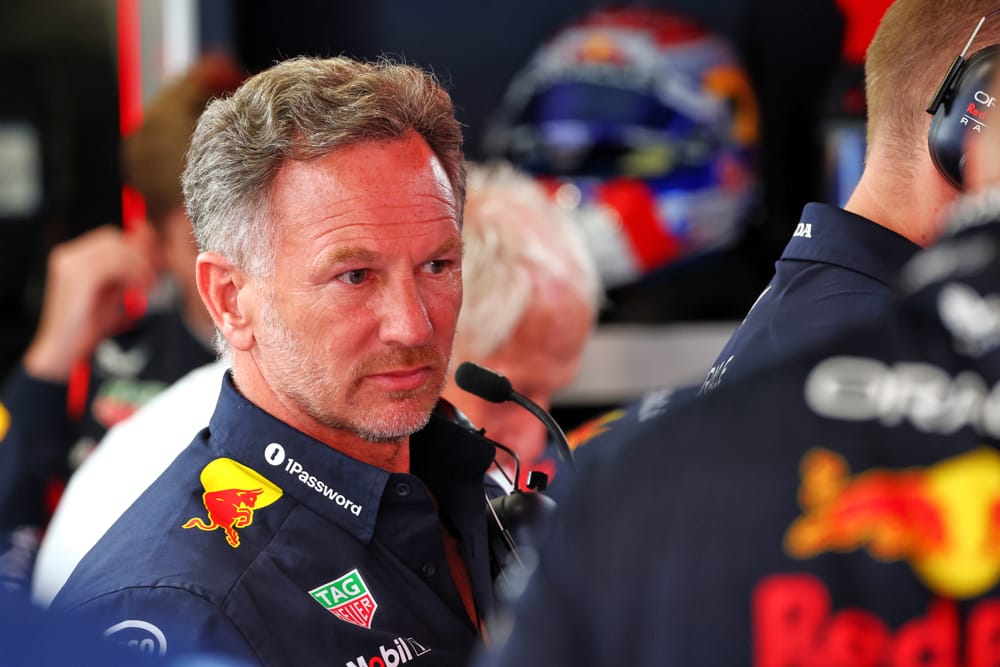Christian Horner's exit as Red Bull Racing CEO and team principal means the Formula 1 team's years of growing crises have led to its biggest bombshell yet.
Having led Red Bull for 20 years from its very first race in F1, Horner has been "released from his operational duties", and immediately replaced by Laurent Mekies, formerly the boss of Red Bull’s second team Racing Bulls.
A massive Red Bull F1 era, one that included 14 world championships and 124 wins, is over just like that. But while the timing comes as a shock, the erosion has been going on for three years.
It appears to be an accumulation of various problems that have left Horner more vulnerable than ever, and the combination of Red Bull's competitive trajectory and the ongoing saga around the future of Max Verstappen appears to be the trigger, rather than something specific to Horner himself.
Horner already survived a personal scandal over a year ago when Red Bull opted to stick with him after an independent investigation of misconduct against a member of staff cleared him of wrongdoing.
While that has never completely gone away, there's no fresh development that fits the timeline of Horner being sacked now, so suddenly.
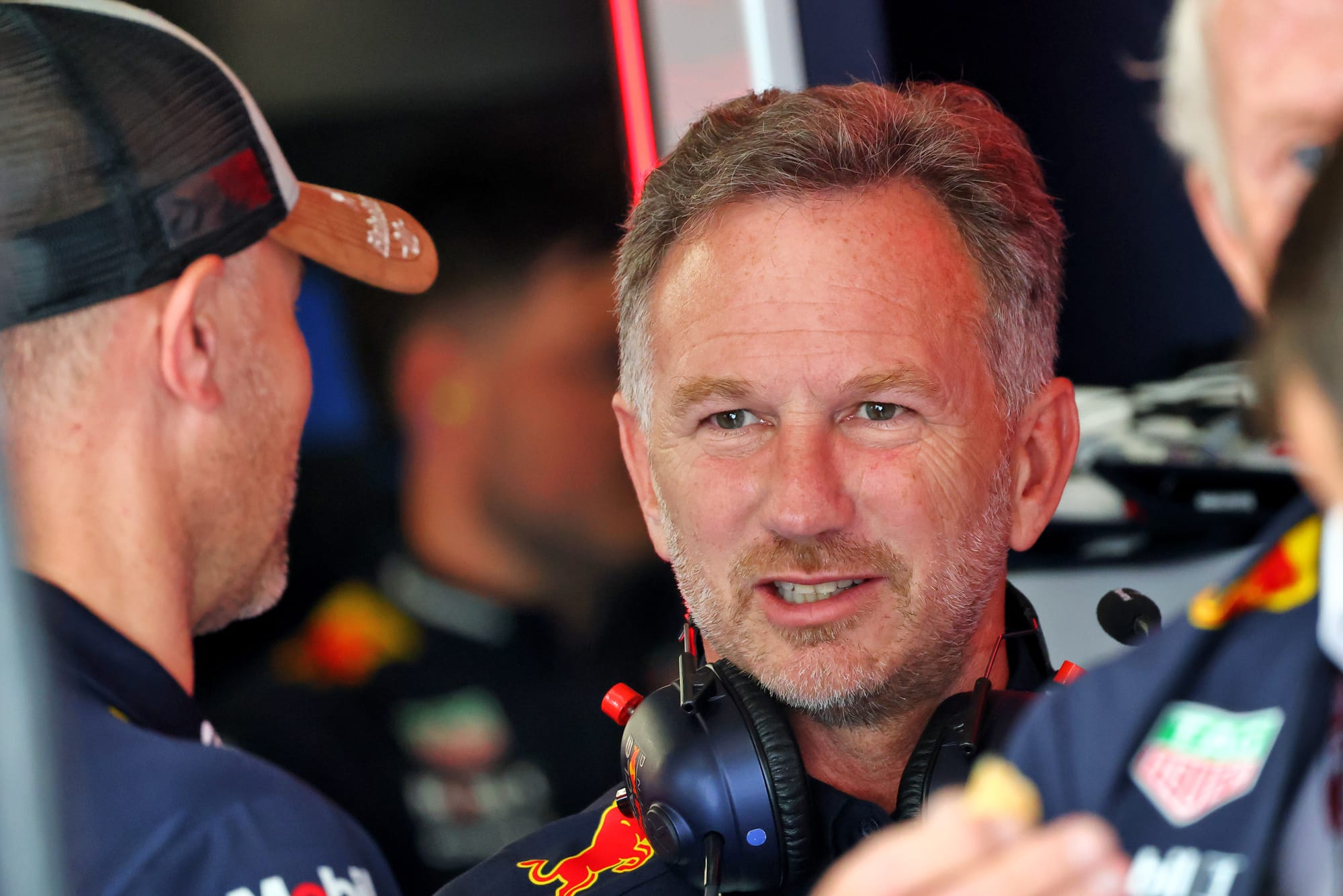
Plus, Red Bull has been quite warm towards him in its limited comment about letting him go, praising him for his "exceptional work" and thanking him for everything - which wouldn't happen if there was a new controversy that ushered him out the door.
While it's highly unusual for this to have happened so suddenly in-season, if Red Bull had reached the point of seriously doubting its trajectory under Horner, there's no good time to make a change. All waiting would do is just delay the chance to start changing things.
But why now? Well, he was more exposed than he has ever been in his 20 years in charge. Forget the fact that last year Verstappen clinched a fourth-straight world championship; Red Bull was overhauled by McLaren as the team to beat across 2024, with Verstappen only winning two of the last 14 races, and it has been firmly second-best in 2025 too.
Without Verstappen, who has so far proven uniquely capable of getting the most out of tricky Red Bull F1 cars, its results would look far worse. But the problems run deeper.
There has been an internal division between Horner and significant people around Verstappen, including Max’s father Jos and Red Bull’s motorsport advisor Helmut Marko, for a long time, over concerns that too much power within Red Bull had shifted to Horner’s side of the team at Milton Keynes.
Key personnel such as technical guru Adrian Newey and sporting director Jonathan Wheatley have left, and an attempt to replace the latter with a new trackside hierarchy doesn't seem to have had the desired effect at first.
Someone senior at Red Bull told The Race as recently as the British Grand Prix - Horner's last weekend in charge, as it turned out - that there is a leadership void in the garage and among the engineering team.
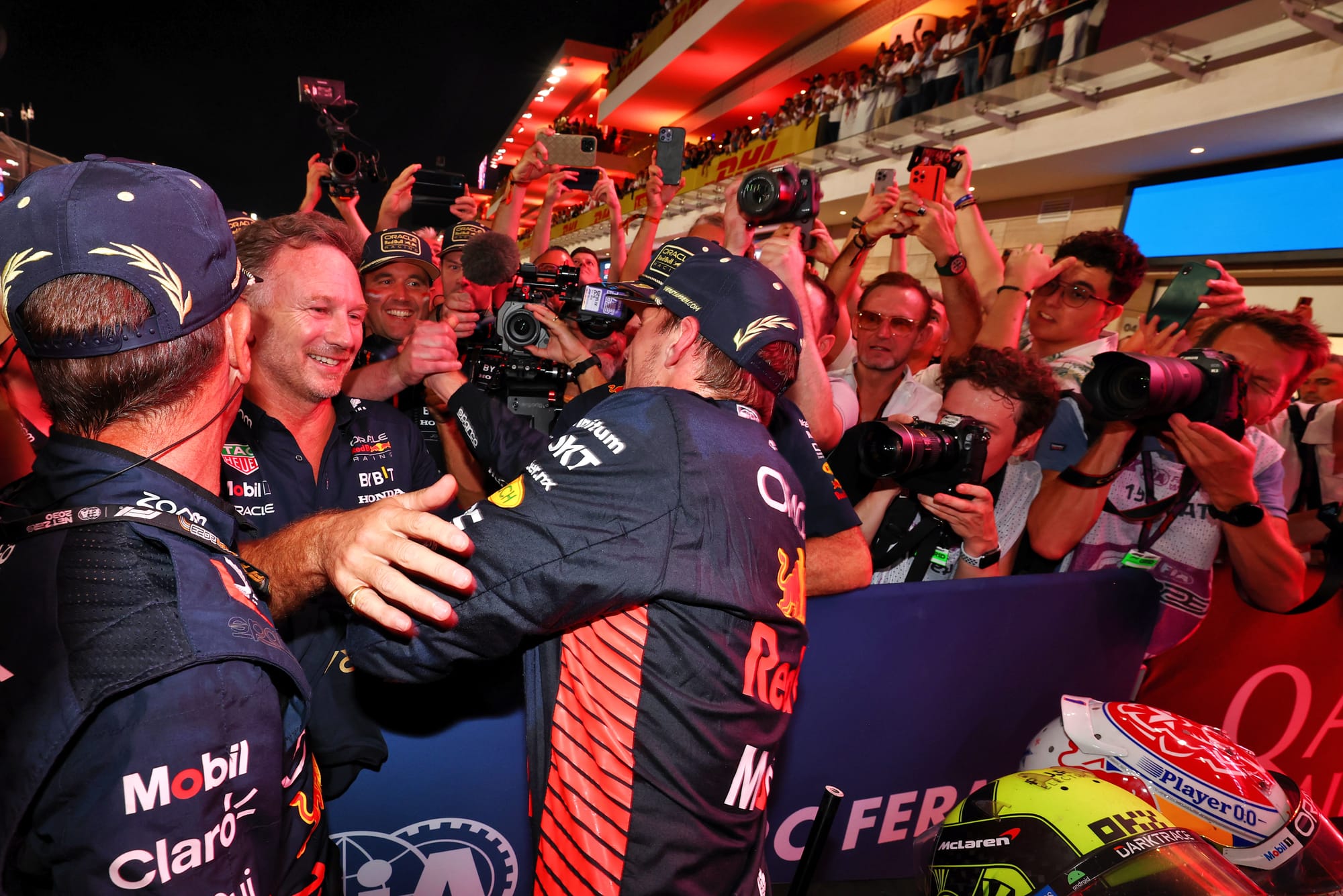
Ultimately, Red Bull has fallen badly from its 2023 peak. Its car development has become ever-more questionable, and its second-driver problem has become a full-on crisis, with Horner central to the decision to give Sergio Perez a lucrative new contract last May, then pay him off in December to replace him with Liam Lawson - then demote Lawson after two races anyway.
It conjures memories of what Jos Verstappen, who has been at war with Horner for over a year, warned back at the 2024 Bahrain Grand Prix: that Red Bull would fall apart under Horner's leadership.
Every problem since then has given Verstappen Sr a chance to say 'I told you so' and issue a new warning to boot, and has driven the narrative that Max could leave, with Mercedes boss Toto Wolff very keen on signing the four-time world champion.
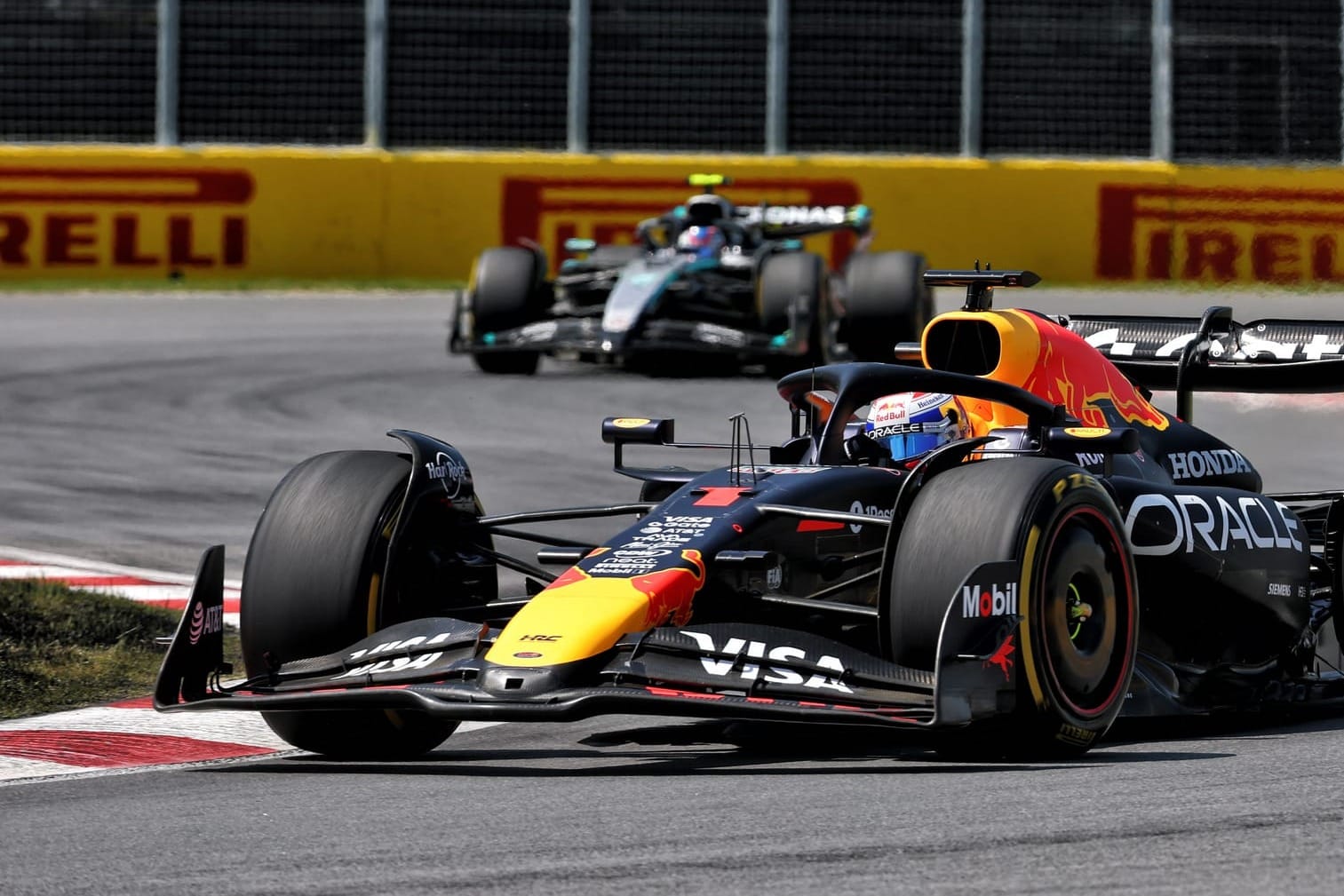
There were, very publicly, talks between the two camps last season and there are conversations ongoing again this year. The endgame for this was really to keep pressure on Horner and Red Bull, with a move next year not thought to be very likely.
But Horner's exit now almost certainly helps keep Verstappen where he is for next season. And it is hard to escape the feeling that this has been a trigger in Red Bull's decision.
It's well documented there's a contract clause that could become active and allow Verstappen to leave Red Bull for next year. But if he did want out, Red Bull would probably struggle to get him to stay anyway. Horner always said even if there was a contract, if a driver didn't want to stay, they wouldn't be forced to...
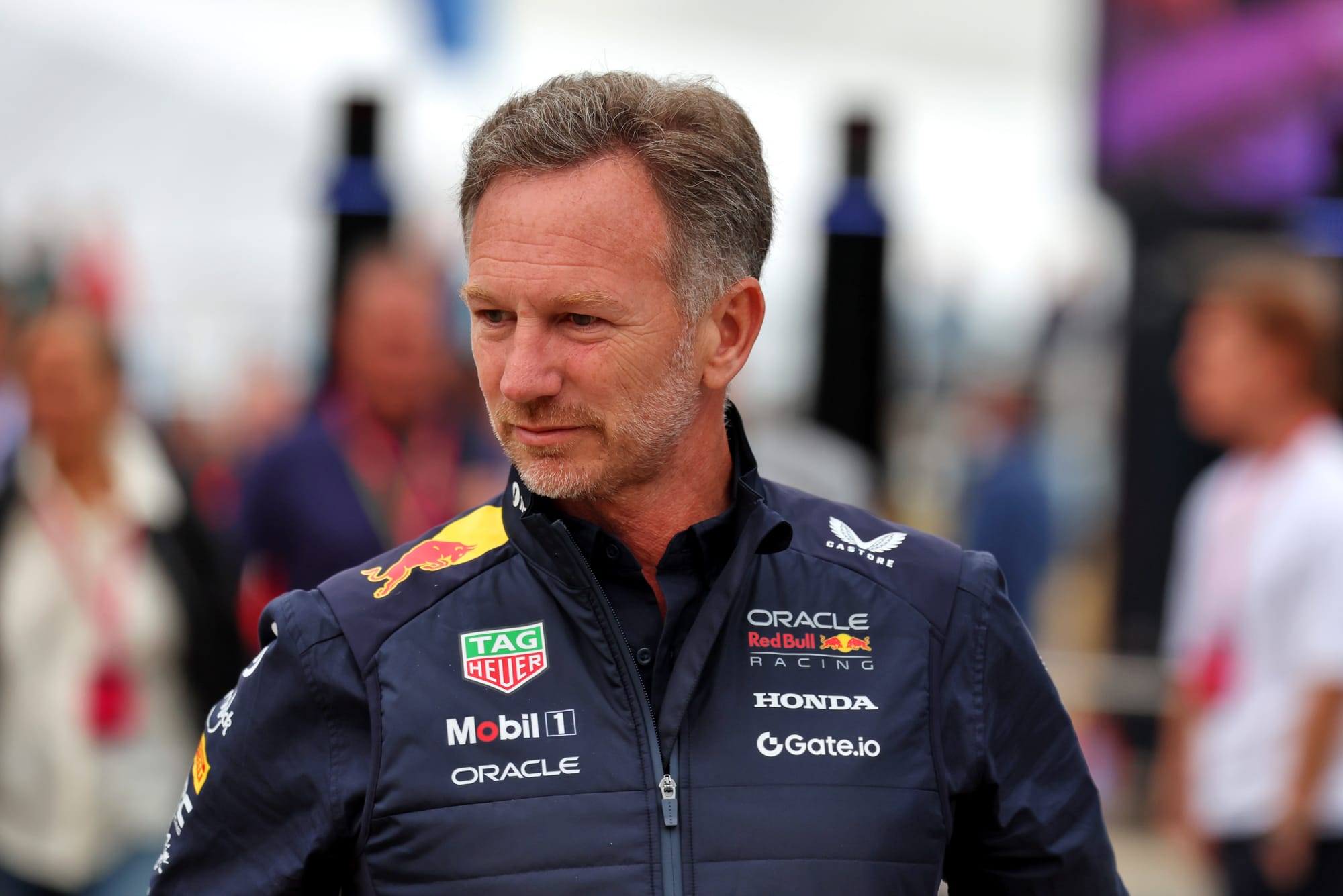
Even if it's not as dramatic as thinking 'if Horner is still here next year, Max won't be', then Red Bull bosses may have seen removing Horner as a necessary move to try to satisfy the Verstappen camp's demand to do everything possible to improve the team's fortune.
While Max himself has never publicly called for Horner to go, he has also never been a particularly strong ally. He opted against fully backing Horner during his personal trouble at the start of 2024. (Although very publicly supported Marko a week later when Red Bull considered getting rid of him!)
Latest from The Race on Horner's exit
Mark Hughes: Only losers from Red Bull's shock Horner firing
Our verdict on Red Bull's bombshell Horner sacking
Horner removed from role as Red Bull's F1 CEO and team boss
Plus, Verstappen has had many concerns about the way Red Bull has managed certain things, like sacking his team-mates and not doing enough to take his development concerns seriously.
Horner's exit breaks up his alliance with technical director Pierre Wache - someone who the Verstappen camp has privately worried for a while did not know how to address the car's weaknesses.
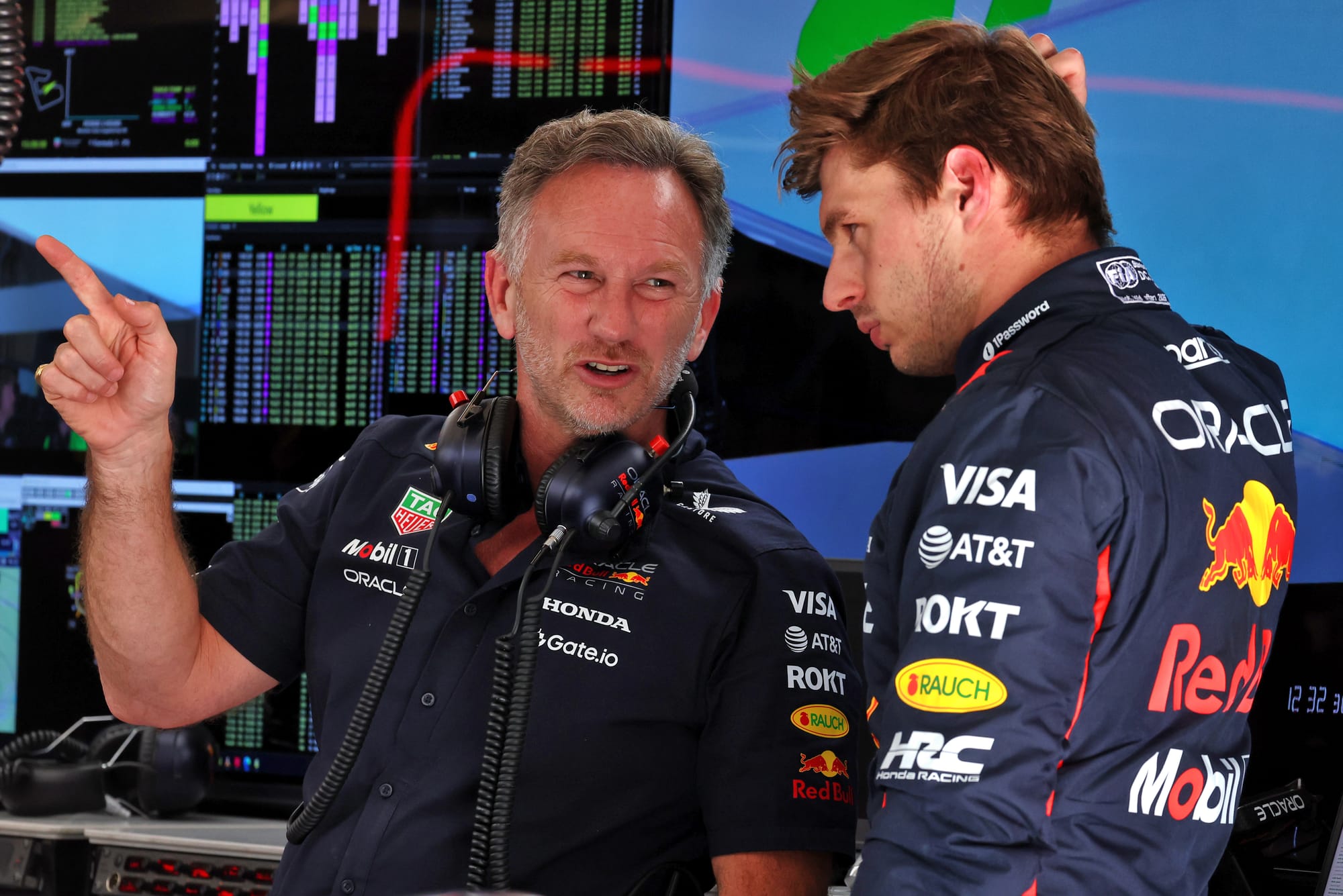
Red Bull's F1 team management has seemed like a ticking time bomb for too long now.
It was wholly unsustainable to lurch from crisis to crisis and as the racing team became ever more accountable in a new corporate-led, post-Mateschitz Red Bull world, Horner seemed increasingly at risk given how much responsibility he had amassed across various aspects of the F1 empire: the race team, the technology division, and the new engine company.
He will be a loss to Red Bull in some ways, and probably to F1 as well simply for how big a personality he was and how much he'd become part of modern F1's fabric. His exit will both simplify some things, and create new challenges.
The old way of working seemed to be on a one-way decline, so the desire or need for change is understandable. While it guarantees nothing, Horner's successor Mekies should actually be able to focus on running the team for a while - something that has felt like a luxury at Red Bull for a long time.


